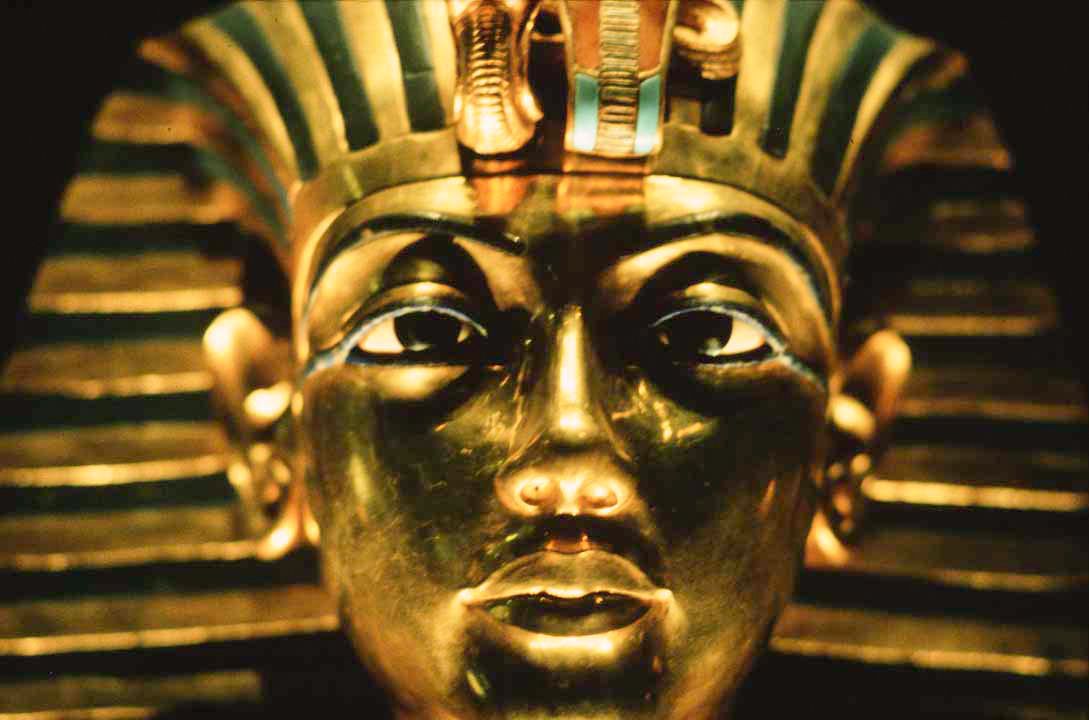There are few things the tabloids like better that writing about than the ‘Curse of the Pharaohs’, so it will delight many that archaeologists have uncovered cobalt glass beads in Denmark that have a stunning connection to the legendary Egyptian pharaoh Tutankhamun.
Of 271 glass beads found at 51 separate grave sites in Denmark, which date back 3,400 years, some 23 hailed from the same workshop in Egypt that made the decoration for the great pharaoh’s tomb in 1323 BC.
“Denmark is rich in amber and it was the primary exchange item from the north,” Jeanette Varberg, the head of Moesgårds Museum and part of the research group that analysed the find, told Israeli news outlet Hareetz.
“Lapis lazuli was the most precious gemstone in the Nordic Late Bronze Age. Blue glass was the next best thing. In the north it must have been almost magic – a piece of heaven.”
READ MORE: Archaeological project in Qatar halted
A Danish Lord Carnarvon?
The discovery, which was made in collaboration with French archaeologists, found some of the glass beads in a coffin belonging to a woman who died during the Bronze Age in Ølby.
Nordic amber has previously been found as far away as Greece and parts of Syria, but the cobalt beads found in Denmark are believed to stem from Egypt and Mesopotamia.
While the archaeologists themselves have little to fear from the ‘Mummy’s Curse’ – lead archaeologist Howard Carter lived a good 17 years after excavating the tomb – whoever is funding the excavation project might be enduring a few sleepless nights.
Lord Carnarvon, who funded the excavation of King Tut’s tomb in 1922, died from an infected mosquito bite shortly after it was opened, thus leading to the ‘Curse of the Pharaohs’ ploy by the media of the time.
One of their embellishments included the claim that an inscription above the door of Tutankhamun’s tomb read: “Death shall come on swift wings to him that toucheth the tomb of a pharaoh.”














